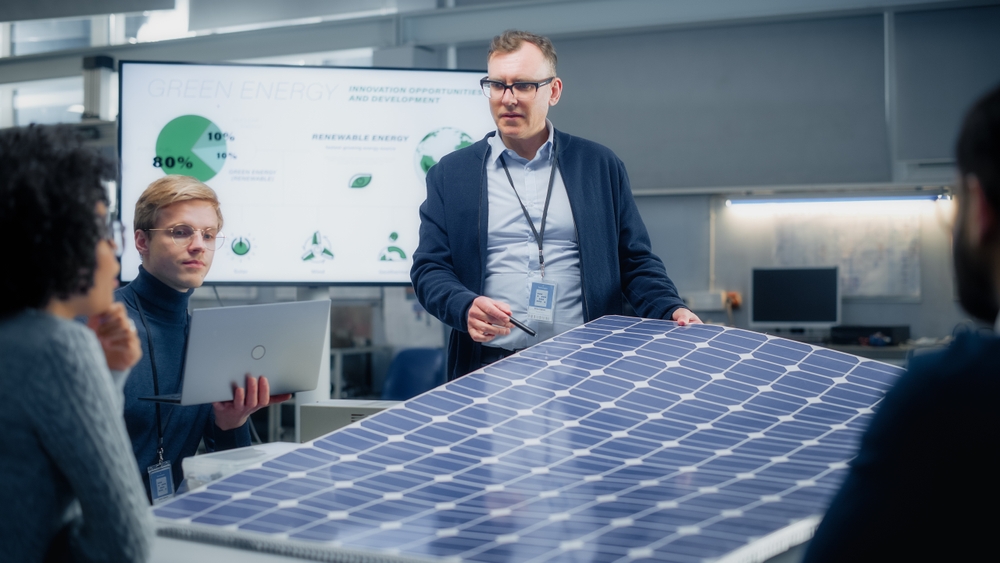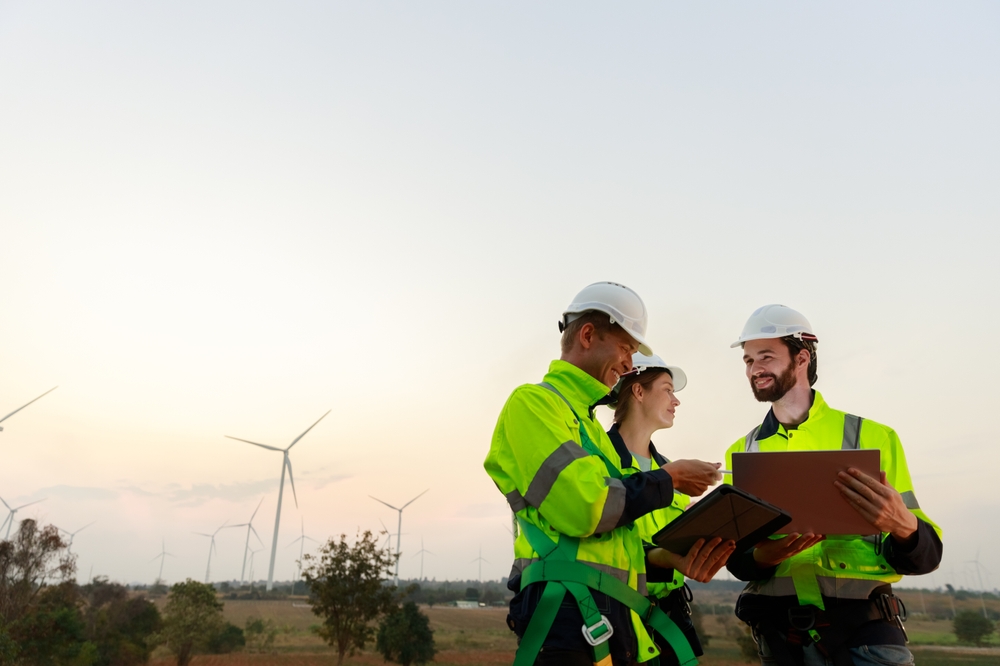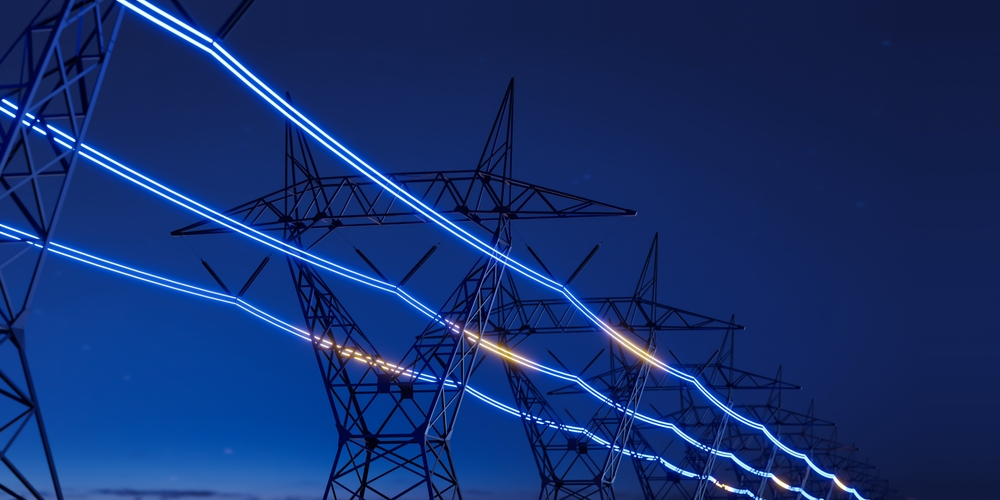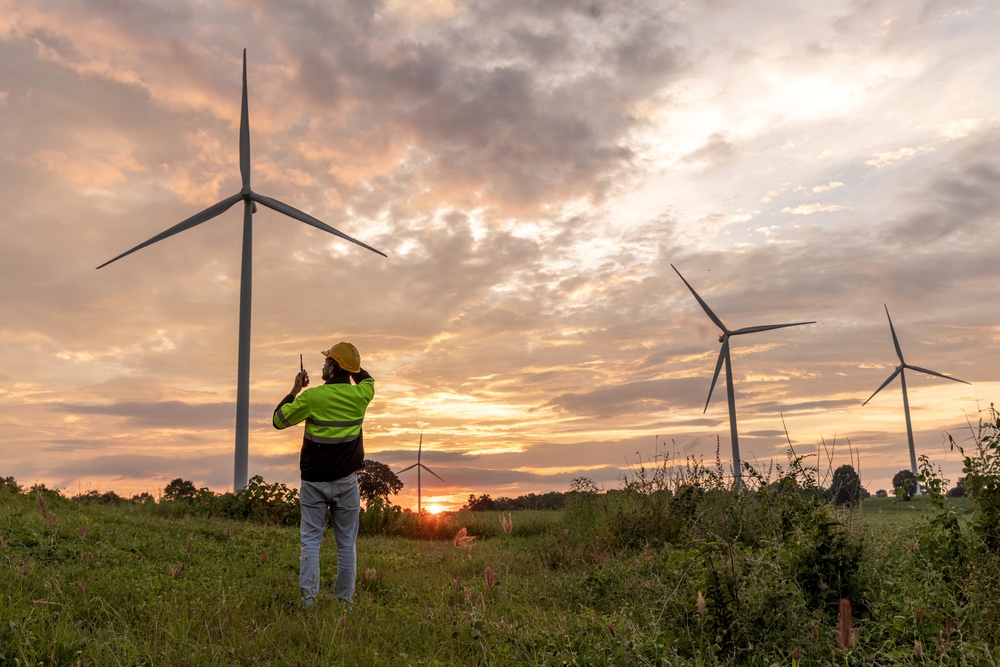

This course an individual will gain knowledge of the issues and solutions involved in renewable energy integration. It delivers key strategies related to the integration of renewable energy sources in the existing electricity grids dealing with their technical, economic and regulatory impediments.
| City | Start Date | End Date | Fees | Register | Enquire | Download |
|---|---|---|---|---|---|---|
| Cairo | 30-06-2025 | 04-07-2025 | 3950 $ | Register | Enquire | |
| Cape Town | 07-07-2025 | 11-07-2025 | 5600 $ | Register | Enquire | |
| Madrid | 14-07-2025 | 18-07-2025 | 6200 $ | Register | Enquire | |
| London | 21-07-2025 | 25-07-2025 | 6200 $ | Register | Enquire | |
| Amman | 28-07-2025 | 01-08-2025 | 3950 $ | Register | Enquire | |
| Madrid | 04-08-2025 | 08-08-2025 | 6200 $ | Register | Enquire | |
| Krakow | 11-08-2025 | 15-08-2025 | 6200 $ | Register | Enquire | |
| Prague | 18-08-2025 | 22-08-2025 | 6200 $ | Register | Enquire | |
| Jakarta | 25-08-2025 | 29-08-2025 | 4950 $ | Register | Enquire | |
| Amsterdam | 01-09-2025 | 05-09-2025 | 6200 $ | Register | Enquire | |
| Bali | 08-09-2025 | 12-09-2025 | 4950 $ | Register | Enquire | |
| Cairo | 22-09-2025 | 26-09-2025 | 3950 $ | Register | Enquire | |
| Zurich | 06-10-2025 | 10-10-2025 | 5600 $ | Register | Enquire | |
| London | 13-10-2025 | 17-10-2025 | 6200 $ | Register | Enquire | |
| Madrid | 20-10-2025 | 24-10-2025 | 6200 $ | Register | Enquire | |
| Casablanca | 27-10-2025 | 31-10-2025 | 4950 $ | Register | Enquire | |
| Vienna | 03-11-2025 | 07-11-2025 | 6200 $ | Register | Enquire | |
| Amsterdam | 10-11-2025 | 14-11-2025 | 6200 $ | Register | Enquire | |
| Kuala Lumpur | 17-11-2025 | 21-11-2025 | 4950 $ | Register | Enquire | |
| Madrid | 24-11-2025 | 28-11-2025 | 6200 $ | Register | Enquire | |
| Casablanca | 01-12-2025 | 05-12-2025 | 4950 $ | Register | Enquire | |
| Istanbul | 08-12-2025 | 12-12-2025 | 4950 $ | Register | Enquire | |
| Prague | 15-12-2025 | 19-12-2025 | 6200 $ | Register | Enquire | |
| Dubai | 22-12-2025 | 26-12-2025 | 4300 $ | Register | Enquire | |
| Milan | 29-12-2025 | 02-01-2026 | 6200 $ | Register | Enquire |
The scope of this course on renewable power system integration addresses how renewable power systems such as Distributed Generation, Energy Storage, Thermally Activated Technologies, and Demand Response are combined within electric distribution and transmission systems. It develops and demonstrates solar and wind integration solutions that allow for overcoming technological, economical, legal, and institutional issues. This course addresses operational problems and develops business models for deploying these technologies into capacity planning, grid management, operation, and demand management. It also deals with policy issues associated with achieving Renewable Portfolio Standards as utility companies incorporate wind, solar, geothermal, and biomass power.
At the end of this renewable energy integration course, participants will be in a position to:
Unit 1: Generation of Renewable Energy: Current Status, Perspective, and Barriers to Smooth Assimilation of Developments
Unit 2: How to Integrate Large-Scale Renewable Energy Generating Systems – Technical Solutions
Unit 3: Why Power Interconnection Conductors Control the Surge of Renewables in Power Plants?
Unit 4: Integration of Renewable Energy-Based Generation into the Transmission and Distribution Networks
Unit 5: Integration of Renewable Energy Technologies in Modern Power Systems (Smart Grids/Microgrids)



















